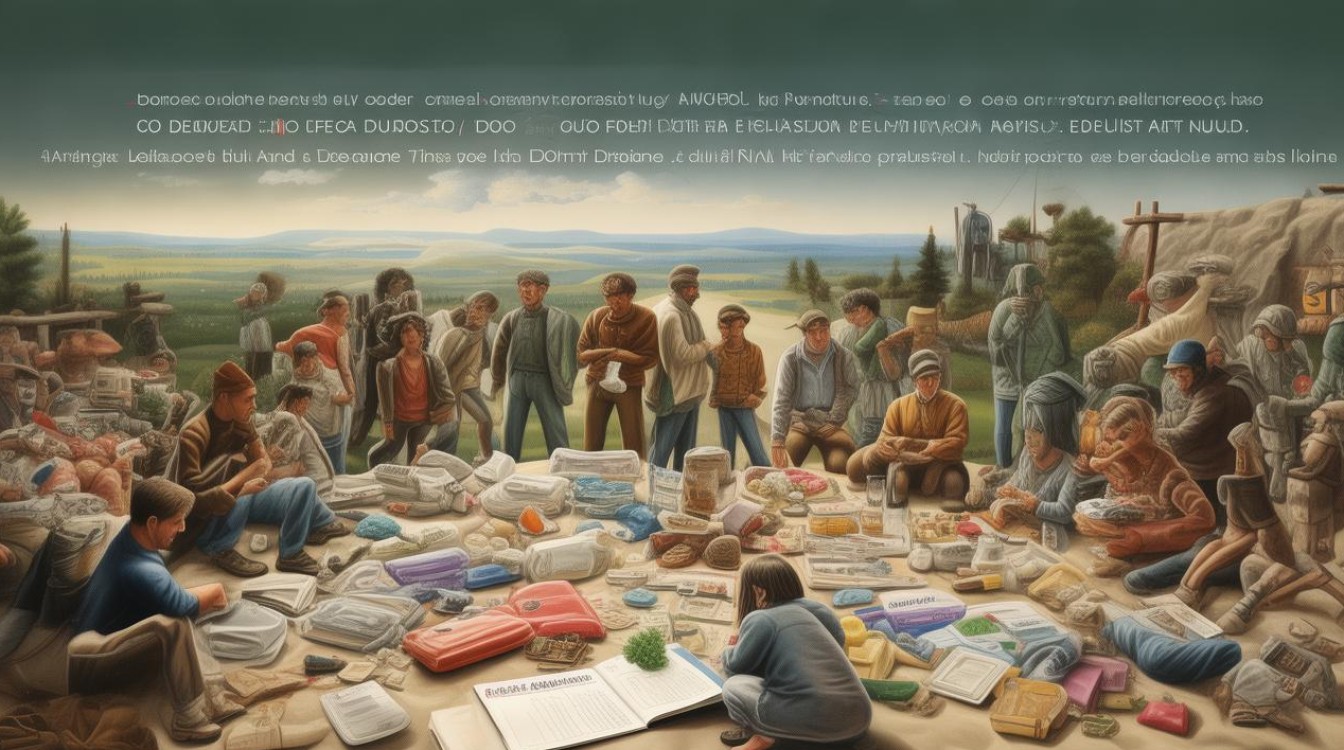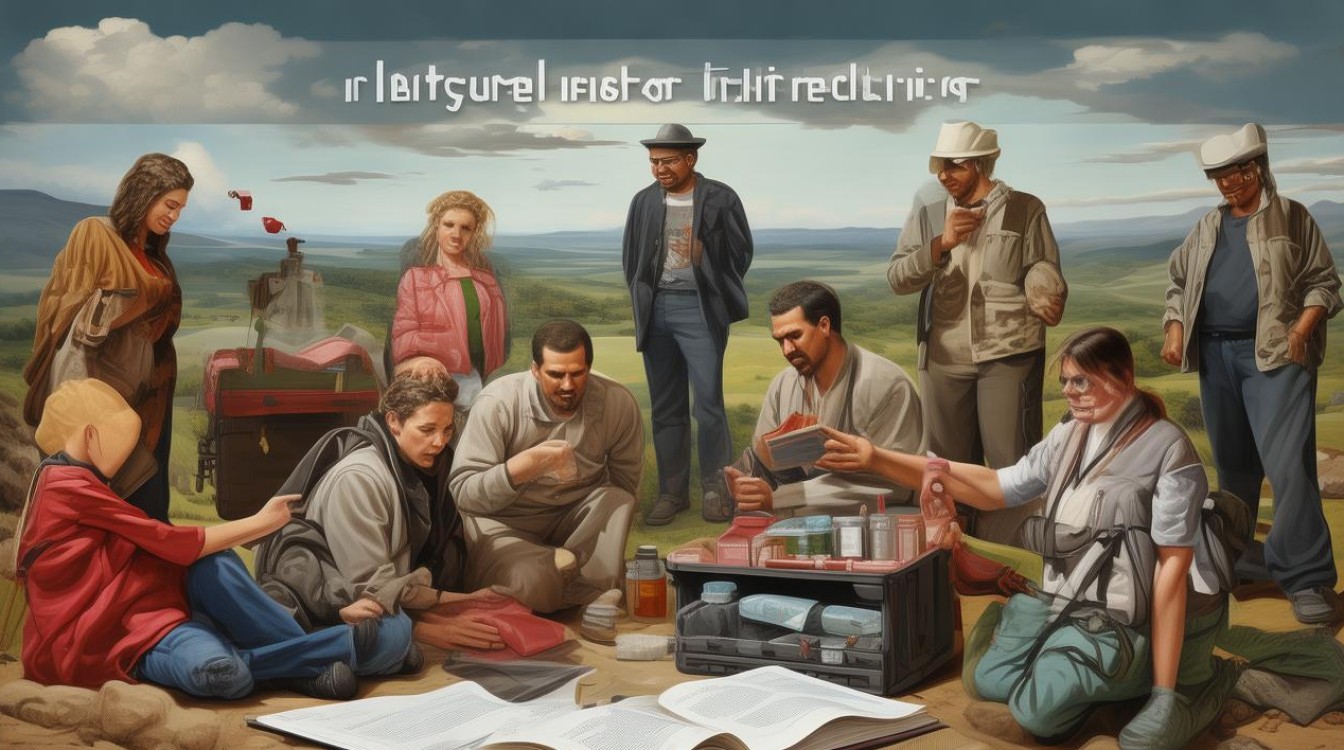Natural disasters can strike without warning, leaving devastation in their wake. Understanding key English terms related to these events is crucial for communication, safety, and preparedness. This guide covers essential vocabulary, categorized by disaster type, to help you stay informed and responsive.

Earthquakes (地震)
Earthquakes are sudden tremors caused by tectonic plate movements. Key terms include:
- Epicenter: The point on Earth's surface directly above the earthquake's origin.
- Magnitude: Measures the energy released (e.g., "The earthquake had a magnitude of 7.2.").
- Aftershock: Smaller tremors following the main quake.
- Seismic waves: Vibrations traveling through the Earth during an earthquake.
- Richter scale: A logarithmic scale quantifying earthquake strength.
Example sentence: "After the initial quake, several aftershocks rattled the region."
Hurricanes and Typhoons (飓风与台风)
These intense tropical storms have different names based on location:
- Hurricane: Occurs in the Atlantic and Northeast Pacific.
- Typhoon: Occurs in the Northwest Pacific.
- Cyclone: Used in the South Pacific and Indian Ocean.
Related terms:
- Eye of the storm: The calm center of a hurricane.
- Storm surge: Rising seawater levels due to the storm's winds.
- Category: Classifies hurricane strength (1–5 on the Saffir-Simpson scale).
Example sentence: "The typhoon's storm surge flooded coastal villages."
Floods (洪水)
Floods result from excessive rainfall, dam failures, or rapid snowmelt. Important vocabulary:

- Flash flood: A sudden, violent flood with little warning.
- Levee: A man-made barrier to prevent flooding.
- Waterlogged: Saturated with water, making land unusable.
- Drought: The opposite extreme—prolonged lack of rain.
Example sentence: "Residents built a levee to protect the town from river floods."
Wildfires (野火)
Wildfires spread rapidly through vegetation, often worsened by dry conditions. Key terms:
- Blaze: An intense, uncontrolled fire.
- Arson: Deliberate fire-setting, a common cause of wildfires.
- Containment: The percentage of a fire's perimeter under control.
- Ember: Small, burning particles carried by wind, spreading fires.
Example sentence: "Firefighters achieved 50% containment after three days."
Tornadoes (龙卷风)
Tornadoes are violent, rotating columns of air. Essential terms:
- Funnel cloud: The visible, rotating precursor to a tornado.
- Twister: Informal term for a tornado.
- Enhanced Fujita (EF) scale: Rates tornado intensity from EF0 to EF5.
- Shelter-in-place: Directive to stay indoors for safety.
Example sentence: "The town issued a shelter-in-place order as the twister approached."
Volcanic Eruptions (火山喷发)
Volcanoes eject lava, ash, and gases. Critical vocabulary:

- Magma: Molten rock beneath the Earth's surface.
- Lava: Magma that reaches the surface.
- Pyroclastic flow: Fast-moving hot gas and volcanic matter.
- Ash cloud: A hazardous plume of volcanic debris.
Example sentence: "The pyroclastic flow destroyed everything in its path."
Tsunamis (海啸)
Tsunamis are massive ocean waves triggered by underwater earthquakes or landslides. Key terms:
- Tidal wave: An outdated term; tsunamis are unrelated to tides.
- Run-up height: The maximum vertical distance a tsunami reaches onshore.
- Warning system: Alerts coastal communities (e.g., buoys, sirens).
Example sentence: "The tsunami's run-up height exceeded 30 meters."
Landslides and Avalanches (滑坡与雪崩)
These involve rapid movements of earth or snow:
- Mudslide: A landslide mixed with water, common after heavy rain.
- Debris flow: A fast-moving slurry of mud, rocks, and vegetation.
- Avalanche: A mass of snow sliding down a mountain.
Example sentence: "The avalanche buried several ski lodges under meters of snow."
Extreme Weather (极端天气)
General terms for severe conditions:

- Heatwave: Prolonged periods of excessively hot weather.
- Blizzard: A severe snowstorm with strong winds.
- Hailstorm: Precipitation of ice pellets (hailstones).
Example sentence: "The heatwave led to record-breaking temperatures."
Why This Vocabulary Matters
Mastering these terms enhances your ability to:
- Understand international news reports.
- Follow emergency instructions during travel.
- Participate in global disaster relief efforts.
Natural disasters are unpredictable, but knowledge empowers preparedness. By learning these words, you contribute to a safer, more informed community.
Staying updated with accurate terminology is a small yet vital step in disaster readiness. Whether you're a student, traveler, or professional, this vocabulary equips you to act decisively when it matters most.



